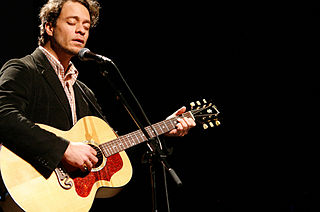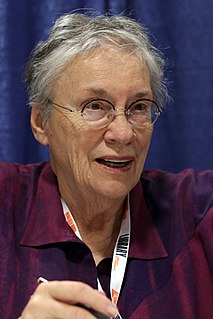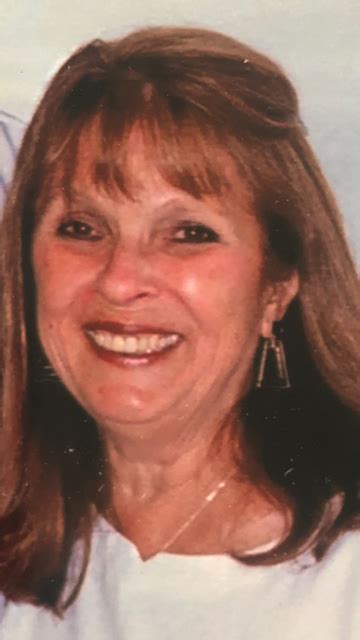A Quote by Carolyn Chute
When I'm not writing, I do a lot of research reading on the shape of civilization. Fiction can be a lot of different things... but I feel like it's my job to write about the way things are.
Related Quotes
I definitely write about things that are universal, that everyone can identify with. You're supposed to write about things you're passionate about and I guess I am a foodie. I do love food and it's kind of like I'm an eccentric observationalist guy. To make it kind of universal, I try a lot of different things. When I first started writing this, I was like, 'No food.' Then, you know, it just always goes there.
I often tell people who want to write historical fiction: don't read all that much about the period you're writing about; read things from the period that you're writing about. There's a tendency to stoke up on a lot of biography and a lot of history, and not to actually get back to the original sources.
I don't remember reading much at all during the writing of Eileen. I go through several years-long dry spells and I don't feel like reading at all. I was working part-time for a guy in Venice, California while I drafted Eileen. He wanted help in writing his memoir. The research had a lot to do with the 60s, so that must have informed my sense of the place and time in my novel, and perhaps even the memoir point-of-view. He was also from New England. It was a fun job. I learned a lot about motorcycle clubs, Charles Manson, hopping freight trains.
But I think writing should be a bit of a struggle. We're not writing things that are going to change the world in big ways. We're writing things that might make people think about people a little bit, but we're not that important. I think a lot of writers think we are incredibly important. I don't feel like that about my fiction. I feel like it's quite a selfish thing at heart. I want to tell a story. I want someone to listen to me. And I love that, but I don't think I deserve the moon on a stick because I do that.
I don't want to write poems that are just really clear about how I'm aware of all the traps involved in writing poetry; I don't want to write fiction that's about the irresponsibility of writing fiction and I've thrown out a lot of writing that I think was ultimately tainted by that kind of self-awareness.
Writing fiction is very different to writing non-fiction. I love writing novels, but on history books, like my biographies of Stalin or Catherine the Great or Jerusalem, I spend endless hours doing vast amounts of research. But it ends up being based on the same principle as all writing about people: and that is curiosity!
I'm finding that writing poetry is strengthening my songwriting, because you're learning to make a piece of writing work on a page with nothing else. I was also finding within poetry I felt a lot more free to write about very different matters, to write about social issues or things that are going on around me.







































